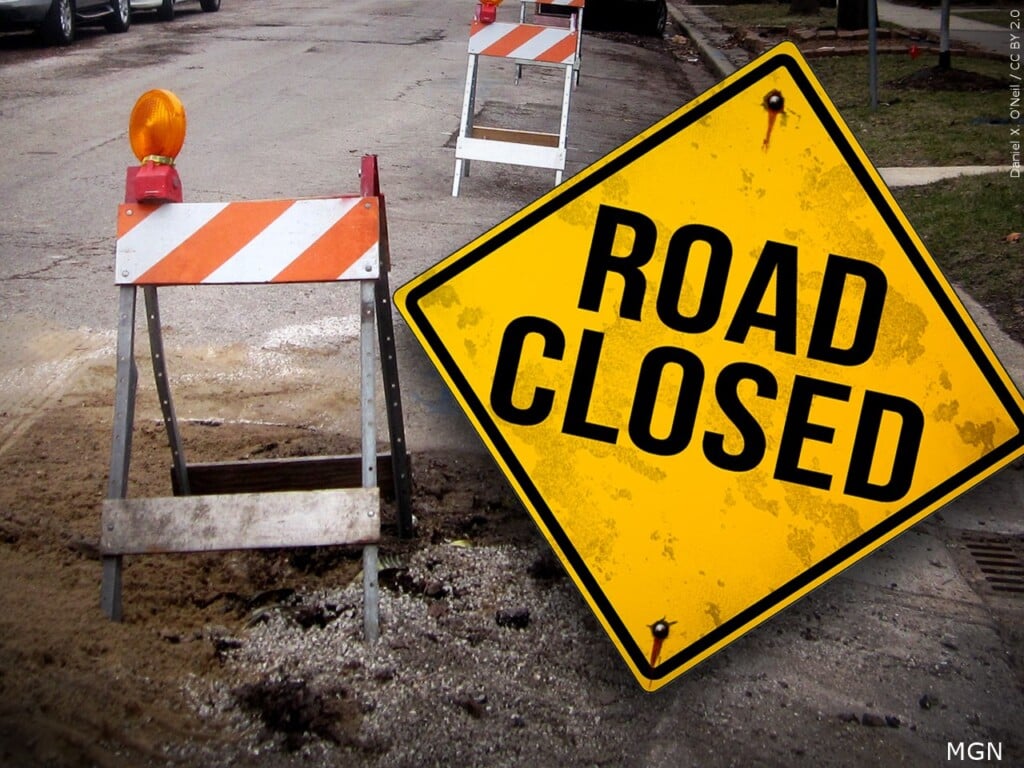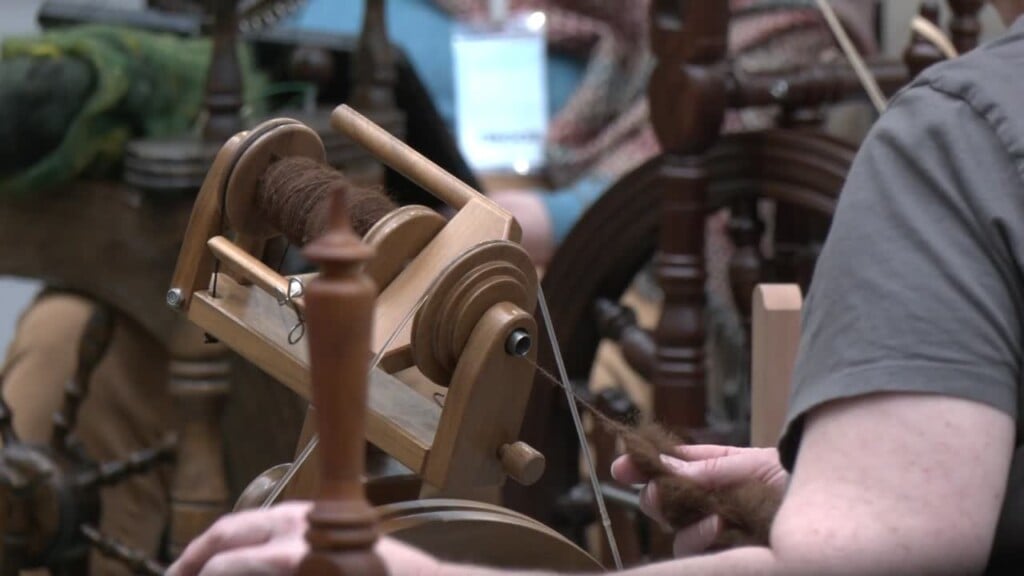Overcoming opioid addiction in Tennessee
CLEVELAND, Tenn. (WDEF) — Drug treatment counselors say in recent years the opioid problem has reached epidemic levels. Studies show that about five percent of Tennesseans have used pain relievers in the past year for non-medical purposes.
“Really it was just an escape, just from life and I just started using, just taking the pills and just ended up really really abusing the pills on a daily basis,” Julie Burrell said.
Burrell is a recovering addict. For a year, her life spiraled out of control.
“I lost my children, temporarily, and then ended up with drug charges and facing prison time,” Burrell said.
She decided to get her life back on track.
“So I got to come out on the adult drug court program and work. I got a job at Project Free to Fly. They encourage women, empower women in my situation and foundation house ministries here in town. That is where I went and the support was just wonderful,” Burrell said.
She also participated in group treatment at Parkridge Valley outpatient program in Cleveland.
“That was the best part of the groups you know here at Valley or in drug court. We all have been through very similar things and just the support. I can’t stress that enough. You know we all can relate to each other in one way or another. And I feel like that is a vital part,” Burrell said.
Sandon Bull, a licensed clinical social worker with Parkridge Valley, says they are seeing the effects of the opioid epidemic.
“Especially, with our drug court, we’ve got about 40 clients right now regularly. About half of those or more have a history of opioid addiction. The other half with meth and sometimes people will trade one for the other for different reasons,” Bull said.
Another issue they are seeing is fentanyl laced substances.
“Fentanyl is 50 to 100 times more powerful than morphine and it will be laced into other substances that are printed to look like other pills. So people will think they are taking a much softer weaker opiate and it is way stronger than they think so it is easier to overdose,” Bull said.
Bull says because of the opioid issue they have had to do things differently.
“Medication assisted treatment is becoming more and more encouraged by states, but funding sources, by grand sources, so that is something a lot of treatment providers are having to work into their programming on different levels.”
Bull says sometimes people struggling with addiction don’t know if treatment is possible or if they can do it.
“I have seen people at the lowest of lows really achieve a lot of their goals, get their kids back, start a new career, start education and really turn things around in a huge way. So it is possible,” Bull said.
For Burrell, everything is falling into place. She has been clean for three years.
“It has been a process, but relationships have been mended.”
Last week she regained custody of her children. She has advice for people struggling with addiction.
“Just keep pushing it is always going to be the big horrible thing. And it looks like you can’t get through it but you can and you just have to believe,” Burrell said.
The RESPOND Psychiatric Help Line, provides 24-hour mental health/chemical dependency, crisis intervention, assessment, and information. The phone number is 423-499-2300.





Leave a Reply